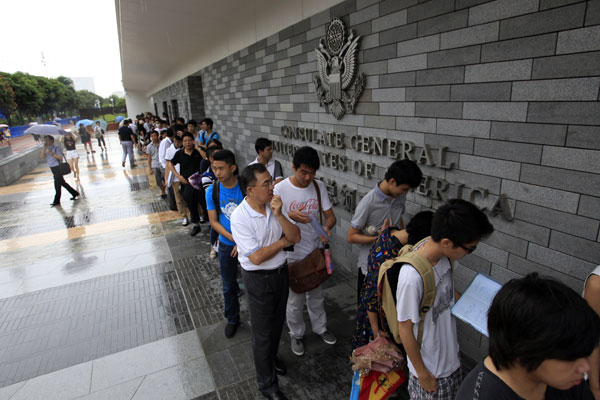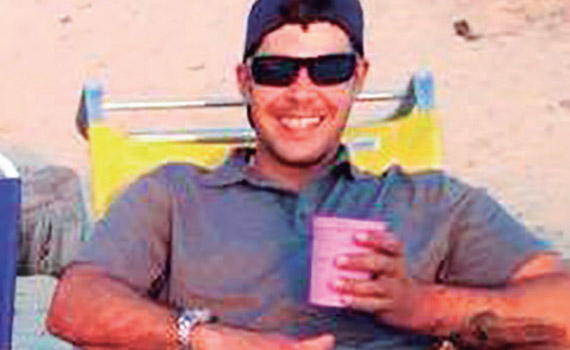By Reynold N. Mason JD
Atlanta, July 12, 2011. For most of the past 15 years, he consistently made his child support payments, court records show. While he worked at AT&T as a service technician, for example, his $452 monthly child support payment was deducted from his paychecks. When he lost his job at AT&T last year, he used money from odd jobs and his tax refunds to try and keep up with his child support payments. But eventually the money ran out. With only 39 cents in the bank, Randy Miller, a destitute Georgia war veteran was jailed recently for failing to pay support for his 16-year-old daughter. . He tried to start a pressure-washing business, but it failed. His financial situation steadily worsened to the point where he could not make his mortgage payments or pay the utilities on his home. In October, Miller lost the house to foreclosure. On Nov. 11, Miller found a job with a company that pays employees to assemble furniture bought by customers of local department stores. But four days later, he was ordered to appear in court to face contempt charges for being behind in his child support.
Several states, including Florida, Georgia, New York and South Carolina have resurrected the debtor’s prison — having thousands of fathers jailed for failing to pay court ordered child support. The shortsighted plan threatens to run afoul of the U.S. Constitution, and it should be stopped. Debtor’s prison is a jail for those unable to pay their debts. Notorious for their inhumanity, they were abolished by most states in the United States in the 1800’s. But they are making a comeback, with a wink and a nod from the United States Supreme Court. Jail time for being broke is no way to help a down and out father get back on his feet. But that does not stop states and their collection arms---- Support Collection Units—from trying to get blood from stone. Fathers like Miller languish in jail without ever talking to an attorney. Until last month, several states were forced by court rulings to provide counsel for fathers facing jail for being poor. Last March the Southern Center for Human Rights filed a class action lawsuit on behalf of Miller and the 500 other fathers in jail in Georgia because they were unable to pay child support. That action has now been rendered moot by the Supreme Court decision in Turner v Rogers, handed down last month.
Michael Turner was drug-addicted, unemployed and had suffered a back injury that rendered him disabled. At the time of his hearing for failure to pay court ordered child support he had been jailed five times for falling behind on payments. After his release from jail for a previous contempt, the clerk of the court immediately served him a new motion for contempt, because by the time of his release he was more than $5000.00 in arrears. At his hearing Turner told the court: "I just got out [of jail] – I done a year ’07 to ’08, got out for like four months. I’ve tried to find a job. I, honest to God, have tried this time. There’s no work out there hardly for carpenters. I couldn’t find anything, so I was putting in applications in grocery stores, you name it. I’ve got in applications. I have tried. I’ve honestly tried this time. That’s all I can say. I can’t find any work [6]...."
“Well, when I first got out, I got back on dope. I done meth, smoked pot and everything else, and I paid a little bit here and there. And, when I finally did get to working, I broke my back, back in September. I filed for disability and SSI. And, I didn’t get straightened out off the dope until I broke my back and laid up for two months. And, now I’m off the dope and everything. I just hope that you give me a chance. I don’t know what else to say. I mean, I know I done wrong, and I should have been paying and helping her, and I’m sorry. I mean, dope had a hold to me.” The court made no express finding concerning Turner’s ability to pay his arrearage. Nor did the judge ask any follow up questions or otherwise address the ability-to-pay issue. With that the court held him in contempt and sent him back to prison.
Only fragmentary data are available on the national magnitude of imprisonment of fathers in Turner’s predicament. But the U.S. Census Bureau, in one study found that in 2007, state agencies collected $24.9 billion in child support payments, the great majority of it from fathers. The Center for Family and Policy Practice in a recent study found, that in Indiana alone over 3000 men are sent to prison each year because of their inability to meet child support payments. In South Carolina, where Turner met his faith, there are 1500 men in prison at any given time because they are unable to pay child support. Debtors’ prisons have been abolished but not for fathers like Turner and Randy Miller and over 50,000 other fathers jailed each year because they are down on their luck. For them, unfortunately, it just got worse.
The Supreme Court, turning back the progress made in some states, ruled that Turner was not entitled to an attorney at his contempt hearing even though he was facing loss of his liberty. In the United States is unconstutional to incarcerate a person solely for failing to pay a debt. But the courts and Support Collection agencies circumvent this, by claiming that fathers who cannot pay are being jailed for failure to comply with a court order. But jail, whether for violating a court order or because of inability to pay, is equally as bleak. Other people facing incarceration have the right to counsel at every critical stage of the process. And deprivation of counsel at any important stage of the criminal process, is an unconstitutional deprivation of the right to a fair trial that will lead to a reversal of the conviction. Defendant who wish to represent themselves must make a knowing and intelligent waiver, before they will be allowed to proceed. Even defendants in Traffic Court are advised of their right to counsel, their presumption of innocence, their right to cross examine witnesses and their right to trial by jury. Beyond that, their guilt must be shown by proof beyond a reasonable doubt. And once acquitted, a defendant can never again be tried for the same offence. But Turner was jailed six times for the same offence…poverty---inability to pay court ordered child support.
Given the importance of the interest at stake, it is obviously important to assure accurate decision making in respect to the key “ability to pay” question. Moreover, the fact that ability to comply marks a dividing line between civil and criminal contempt, reinforces the need for accuracy. However the Supreme Court ruled that there is no constitutional right to counsel for fathers facing jail for being too poor to pay. While the Turner court imposes a new set of safeguards to prevent wrongful incarceration, it nonetheless leaves indigent fathers exposed to abuse. Like Turner, a father can still face the conundrum of repeated arrests for the same debt if their unemployment continues. And all this comes after his wages have been garnished, his assets seized, his credit wrecked, his driver’s license suspended and his passport revoked.
The current state of the law does not reflect the realities of the marketplace or the economic realities of the men involved. Yes, being a poor father is a crime punishable by repeated imprisonment. It is high time this barbaric practice of jail for debt be put back where we once deposited it… on the trash heap of history.
`









